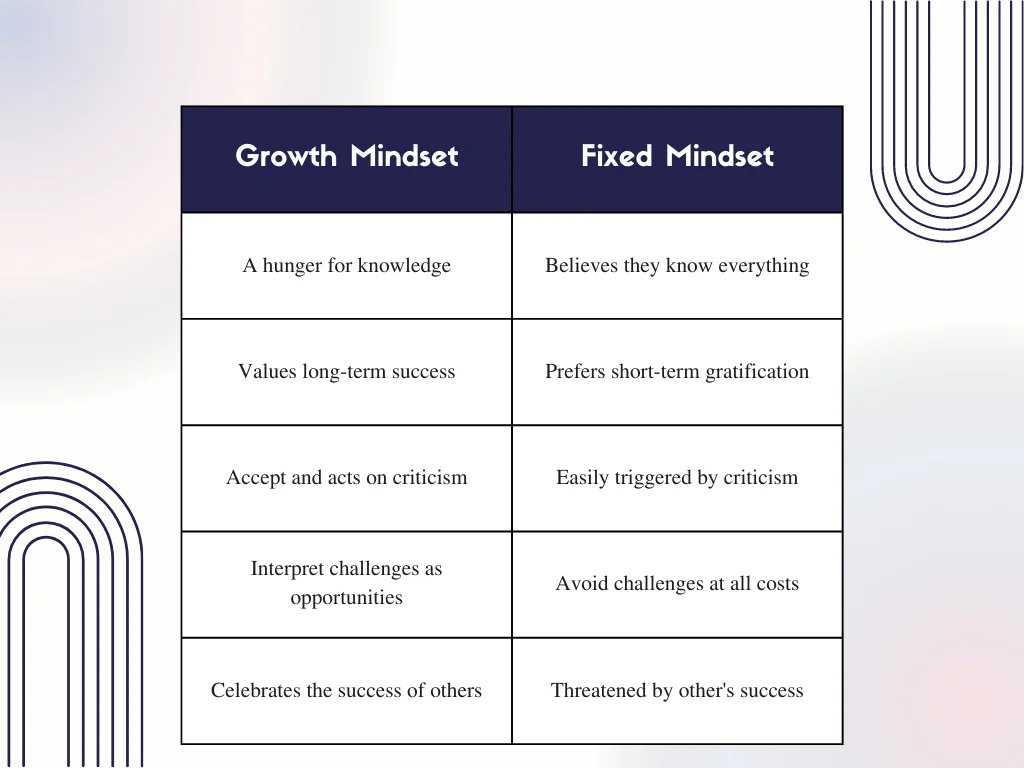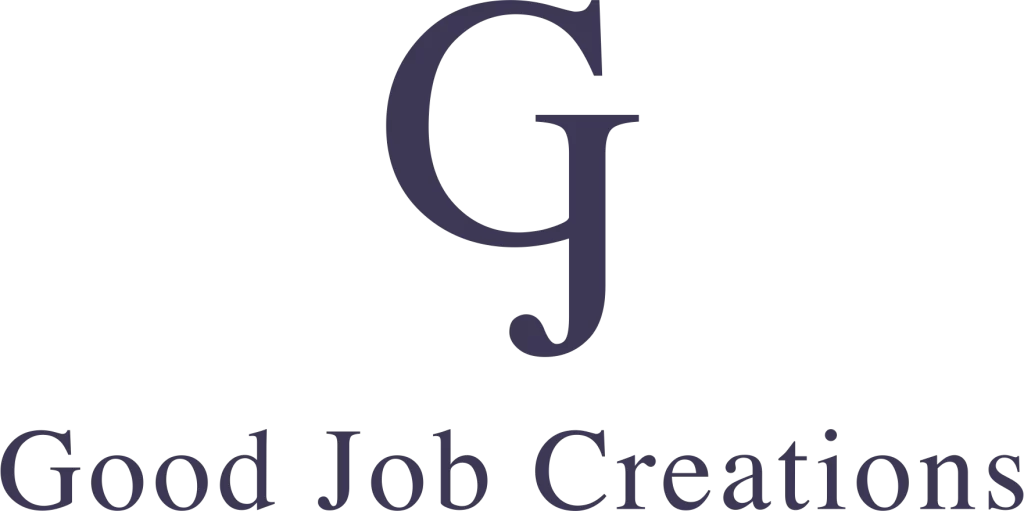Your Thinking: Changing The Impossible
gjc
on
June 8, 2023
It’s undeniable that intelligence, talent, and ability have long defined what makes successful people tick. But there is something else far greater: their ability to rethink and unlearn what they value and make up most of their identity. Once challenged, doubt often leads to curiosity and the discovery of new knowledge. Grant, organisational psychologist and author of Think Again, wrote, “If knowledge is power, knowing what we don’t know is wisdom.”
There was a time when intelligent people were worshipped by the accolades that lined their shelves, the Ivy Leagues they attended, the number of groundbreaking research papers written, and so on.
While these are worth noting, sometimes, it is intelligence that withholds us from growth. Cognitive skills might matter more: the ability to rethink and unlearn, recognising when to abandon your most cherished tools and parts of your identity when they no longer matter.
Rethinking starts with acknowledging what we don’t know and are ignorant about. As we lay them out, we doubt how much we know and think we know.
So, why is it so hard to shed our old views and beliefs?
Firstly, we prefer the comfort of conviction over the discomfort of doubt. We listen to views that make us feel good when people agree and never challenge what we say. It makes us uneasy when new ideas make us rethink and shake our core beliefs.
Next is pride and arrogance–behaving like a ‘know-it-all’. If and when you’re told you’re wrong or there are better alternatives or approaches, you assume people might question your intelligence and knowledge.
Cognitive bias means we reject what contradicts our belief system because it makes us vulnerable, especially when those beliefs are tied strongly to our values and identities. However, we weren’t born with set values and ideas. Aside from our genetic codes, we have utter control over our beliefs.
Why is rethinking important?
Rethinking is a mindset and an unappealing skill set. Here’s a way to look at it: you think perseverance can help you excel in math, though told by plenty that you have no talent for it–that’s your theory. Excelling in it doesn’t solely rely on talent, but consistent effort and practice will–that’s your hypothesis. You continuously measure the results and decide whether your hypothesis sustains or quashes.

illustration of how a mind works in a rethinking process
Feigning knowledge, aka the Dunning-Kruger syndrome, is a habit that must be eliminated. It’s where we lack competence but gloat in confidence. Experience and a little knowledge don’t equate to competence and shouldn’t be mistaken for expertise. When we gain some experience on a task or situation, we assume we’re progressing and lose our humility, bolstering a false sense of mastery.
How do I ‘rethink’ without overdoing it?
Grant wrote, “You can be confident in your ability to achieve a goal while maintaining the humility to question whether you have the right tools in the present. That’s the sweet spot of confidence.”
The thought of having low self-esteem stands in the way of humility. But humility is a reflective lens that helps us look deep within ourselves, and confident humility is a corrective lens that helps us conquer our weaknesses.
An open mind responds with curiosity and interest to discover and explore new territories. It encourages one to identify the problem, develop your hypothesis and work on experimenting and testing them.
Be slow to critique or politick others when our beliefs are challenged, or when we identify flaws in other people’s reasoning, or to have our views heard.
What good does rethinking do?
There’s joy in being wrong, for it’s an opportunity to be fed with accuracy. A critical driver of success isn’t how much you know but how often you update your mind. Admitting to mistakes don’t make us inadequate, but it’s an act of honesty and the hunger to learn.
Acknowledging what you don’t know requires humility. This act motivates us to work harder, to find and only use accurate information because you periodically update your knowledge tank. It makes you reliable because you will detest assumptions or pretend you know something but have facts to prove that your statement is accurate.
Working hard but not doing it smartly puts you on a losing edge. Recalibrate your mind and re-evaluate your strategies, and you’ll see what works and what don’t–from getting feedback from others or deep soul-searching—it makes you a better and faster learner.
Exercise discernment whilst being open-minded. Some situations require us to stand our ground when we truly know what and why we believe in it. No doubt we’d gain mental agility. The purpose of learning isn’t to assert our beliefs but to evolve them.
Psychologist Carol Dweck wrote, “The growth mindset doesn’t mean everything that can be changed should be changed…especially the ones that don’t harm us or others.”
Written by Destiny Goh
Marketing Communications Executive


















